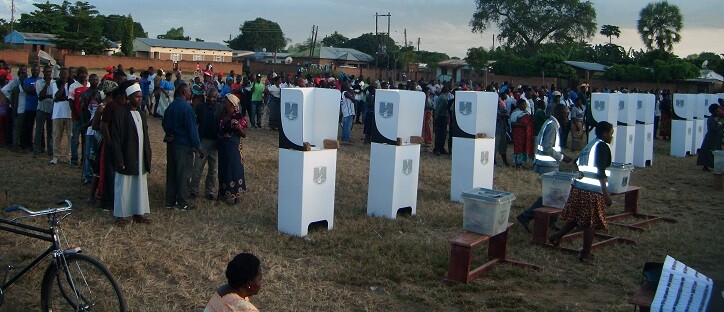
Centre for Democracy and Economic Development Initiatives (CDEDI) has demanded government to remove some of the seven levies attached to fuel, saying they are leading to high pump prices.
In a statement today, CDEDI Executive Director Sylvester Namiwa said the organisation conducted an investigation in order to find out the root causes of the ever-increasing fuel prices, besides the two usual suspects: depreciation of the kwacha and changes in oil prices on the international markets.
According to Namiwa, CDEDI found that the current pump price contains seven levies, some of which the organisation believes should be revised or totally scrapped off in order to relieve the consumers of the burden they are shouldering.
The seven levies include Malawi Energy Regulatory Authority (MERA), Roads, Malawi Bureau of Standards (MBS), Rural Electrification, Price Stabilization, Storage, and MERA Complex construction levy.
“CDEDI’s investigations have shown that the construction of MERA complex in City Center, in Lilongwe is now completed. Therefore, there is no justification whatsoever to continue burdening the consumers with the K4.50 per litre of the 40-50 million litres Malawi uses per month on the construction work that has already been completed.
“CDEDI has further found out that the procurement of the fuel testing van at MERA meant the outright abolishment of the MBS levy, just like the way the maize levy was abolished. Why has the MBS levy been maintained?” reads part of the statement.
Namiwa further said that consumers contribute billions of kwachas towards the construction and maintenance of public roads in the country through the Roads levy, and yet Malawi’s roads still remain in very bad state.
“This raises a moral question that is it right to force motorists to dig deeper into their pockets when the roads are not maintained? Given the sorry state of our roads, where do these huge sums of money that are being collected every day,” said Namiwa.
He also attributed the high fuel prices to bad governance on the part of the Tonse Alliance and exorbitant contracts which National Oil Company of Malawi agrees with fuel suppliers who then passes on the high costs to consumers.
On bad governance, Namiwa said President Dr. Lazarus Chakwera fired the whole MERA Board, in total disregard of the institution’s act which says half of the board should always remain whenever there are any changes in board, in order to ensure continuity due to the institutional memory the board or directors have.
“This development created a vacuum in the authorization of the Price Stabilization Fund to cushion the losses that were incurred before the first fuel price adjustment in January 2021, a development that led to about 38 percent increase,” he said.
On Monday, MERA increased Petrol price from K834.60 to K899.20 representing 7.74%, Diesel from K826.40 to K898.00 representing 8.66 % and Paraffin from K613.20 to K719.60 representing 17.5%. The hike came after another one in December.














